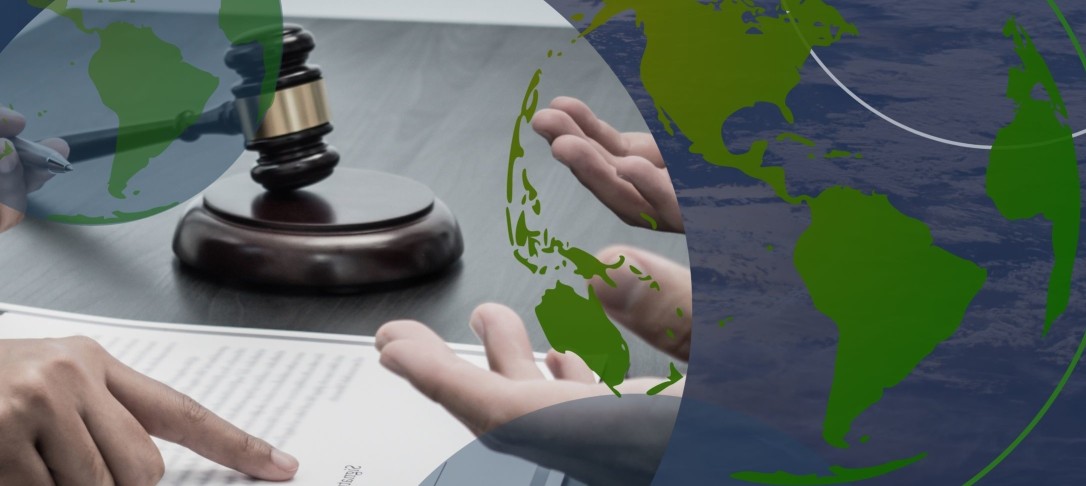
An increasing number of climate change cases are filed each year, with more than 1,500 cases of climate litigation being brought forward by Plaintiffs since 1986. Despite the ruling that climate targets or progress toward those targets needed to be significantly improved in most of those cases, climate litigation has failed more often than not to hold greenhouse gas emitters accountable for climate-related impacts like flooding and damage from drought or wildfires. For lawsuits that try to establish a causal link between a defendant’s emission and the impacts on plaintiffs, those types of cases tend to fail. This raises the questions: What is the evidence that is being used in climate litigation cases? How much of that evidence is climate science, and how have the courts interpreted it? Was the attribution science evidence not sufficient enough to overcome causation tests and why? Making that causal connection is key to the success of climate litigation, and is the goal of climate attribution science – science that quantifies the extent to which climate change alters the likelihood of an event. The correct use of attribution science is one of the many ways to overcome some of the key hurdles to the success of climate-related lawsuits.
In order to explore the above questions and to overcome the hurdles to the success of climate-related lawsuits, we need better paths of communication between the legal and scientific communities. Lawyers need to be able to explain to climate scientists what type of evidence will be helpful and ensure that the claims they’re bringing forward are actually attributable to climate change. Climate scientists, too, need to consider providing evidence to litigators as an opportunity to make research relevant to important ongoing issues in the courts.
Join us at this panel discussion between climate scientists from Grantham Institute at Imperial College London and members of the climate litigation community to tackle the topic of climate litigation in more depth.
Speakers
Dr Joeri Rogelj, Director of Research at the Grantham Institute and Reader in Climate Science & Policy at the Centre for Environmental Policy at Imperial College London
Dr Friederike (Fredi) Otto, Senior Lecturer in Climate Science at the Grantham Institute for Climate Change and the Environment at Imperial College London and Co-Lead of World Weather Attribution (WWA), an international effort to analyse and communicate the possible influence of climate change on extreme weather events.
Marc Willers QC, Barrister, Garden Court Chambers
Dr Joana Setzer, Assistant Professor, Climate governance and climate litigation at London School of Economics and Political Science
This event will take place at Sir Alexander Fleming building G16, at Imperial’s South Kensington Campus.